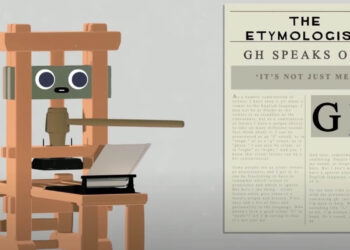I recently came across a paper by Gunther Eysenbach in the Journal of Internet Medical Research. In this paper, he elaborates on a term I found very intriguing, and have since come to embrace: apomediation. It seems to describe a real modern phenomenon, the effects of which many domains are feeling.
Mediation is an important concept involving economics, access, and power. The traditional type of mediation is intermediation — that is, mediation between one person and another, or between one person or entity and a resource. Intermediaries often block access, or limit it in some way. In some cases, intermediaries exist because there is a scarcity model at work.
Apomediation is a neologism created by introducing the Latin term for “separate, detached, away from.” This is the mediation you experience when you read user reviews on Amazon.com or at a movie site, when you notice a number of people you trust using an iPhone, or when the wisdom of the crowd affects your decision-making. Apomediation is guidance generated and available from peripheral mediators who have no or limited power to affect the ultimate decision or access to the service, resource, or information.
The current, highly saturated information environment makes apomediation relatively painless, endlessly accessible, and competitive with intermediation for value and attention.
Physicians have been moved to a more apomediated role by the preponderance of online information resources. Patients can choose the level of intermediation they prefer, and findings suggest that many patients move from a higher need for intermediation to a desire for apomediation once they have some key facts and have developed competency themselves.
Librarians are being moved from intermediaries (mediating between patrons and information), and some say they are being disintermediated. However, I think they are on their way to becoming apomediaries when it comes to information access.
Publishers have traditionally been intermediaries between authors and readers, but some experiments (PLoS One, Wikipedia and the like) seem to indicate that they are moving into the realm of serving as apomediaries. In the realm of blogs, apomediation is the main force affecting much of the talent running blogs. Publisher intermediation is not what it once was.
Google is perhaps the most prominent apomediary, guiding results to the top based on apomediation.
Apomediation feels like the net effect of an information economy that no longer operates on a scarcity model. Now, information is readily available any time. Intermediaries will still be needed, but less often than before, in fewer roles, and for shorter durations.
And that’s your word of the day.
Discussion
11 Thoughts on "Apomediation: Word of the Day"
![Reblog this post [with Zemanta]](http://img.zemanta.com/reblog_e.png?x-id=cd7d2b14-d7bc-4d44-9fb1-b21ba5fb2ed1)


